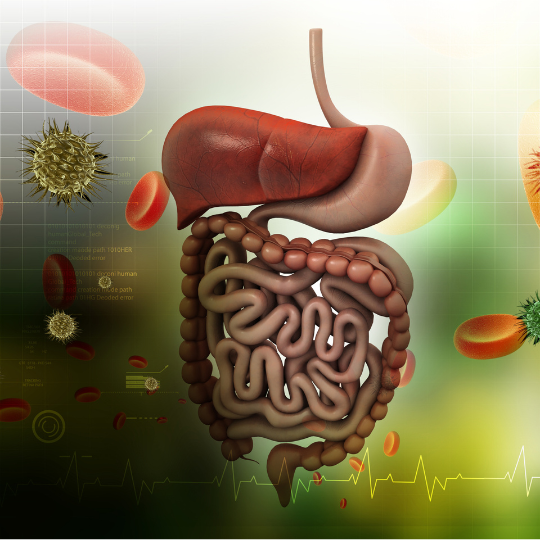
More than half of the world population is affected by micronutrient malnutrition and about one third suffers from anemia and zinc deficiency, particularly in developing countries. Iron and zinc deficiencies are the major health problems worldwide.
The mineral absorption culprit
Phytic acid is one of the most famous anti-nutrients found in cereals, legumes, oil seeds and nuts. It is known as a food inhibitor which blocks our digestive tract from being able to absorb mineral nutrients from foods. It binds important minerals like magnesium, iron, zinc and potassium, preventing their absorption. This results in mineral deficiencies, that further lead to slow metabolism, weakness, anemia, decreased immune system, poor bone health and tooth decay.
At the same time, phytic acid (inositol hexaphosphate or IP6) is an important antioxidant — often used commercially as a preservative — and has a number of health benefits, which makes the story a bit more complicated.

The mineral absorption hero
Phytic acid is nature’s clever storage system for plants – it functions as a phosphorous store, or an energy store, that plants draw on when conditions are right for germination. In order to be able to effectively digest foods that contain phytic acid and to unlock its phosphorus stores, animals need to have a supply of the enzyme phytase in their digestive tract.
Ruminant animals (e.g., cattle, sheep, goats, buffalo) possess phytase producing flora for digesting phytic acid. Conversely, non-ruminant animals (e.g., pigs, chickens, dogs, cats) do not have this enzyme. As a result, phytic acid passes through their digestive tract without breaking down at all (producing phosphorus-rich manure). Humans fall into the category of non-ruminants, which means we do not have this necessary enzyme to break down phytic acid.
The mineral absorption solution

However, avoiding these foods due to the fear that you aren’t absorbing necessary minerals can cause you to miss out on many nutrients. Foods containing phytic acid are nutrient-dense, overall. For most people, these foods are important to include in a healthy and well-balanced diet. Luckily, it’s possible to overcome the anti-nutrient effects of phytic acid in our foods, while still getting the benefits of a plant-rich diet. Here are a few strategies that may be helpful to achieve this:
- Soak, sprout and ferment plant foods before cooking them. At NutriFix, we love to include in our kitchen traditional ways of preparing and cooking for extra-nutrition meals.
- Consume vitamin C-rich foods with meals that contain phytic acid. Dense sources of vitamin C include guava, bell peppers, kiwi, oranges, grapefruit, strawberries, brussel sprouts, cantaloupe, papaya, broccoli, sweet potato, pineapple, cauliflower, kale, lemon juice and parsley.
- Use vinegar in salad dressings and cooking to activate phytase and enhance mineral absorption and offset phytic acid
- Supplement with the enzyme phytase if necessary
- As a last resort, eat mineral fortified foods
- Supplement with minerals if there is still a mineral shortfall in your diet

Tips for mineral absorption last resort
If you’re eating a plant-based diet and have confirmed nutrient deficiencies and you’ve tried all the above strategies with no success, adding small amounts of animal foods on occasion might boost stores of necessary minerals in your body.
People who regularly consume high amounts of phytic acid — such as vegetarians and vegans — can also benefit from eating mineral-absorbing enhancers like garlic and onions. These foods increase the absorption of minerals like iron and zinc.
Side note for confused vegans: bone broth is particulary useful for enhancing mineral absobtion through its hydrophilic colloids.
Finally, it’s important to also know that phytic acid only affects the meal that you consume it in, so eating a phytate-heavy lunch will have no influence on the amount of minerals you absorb from dinner or on your mineral stores.










